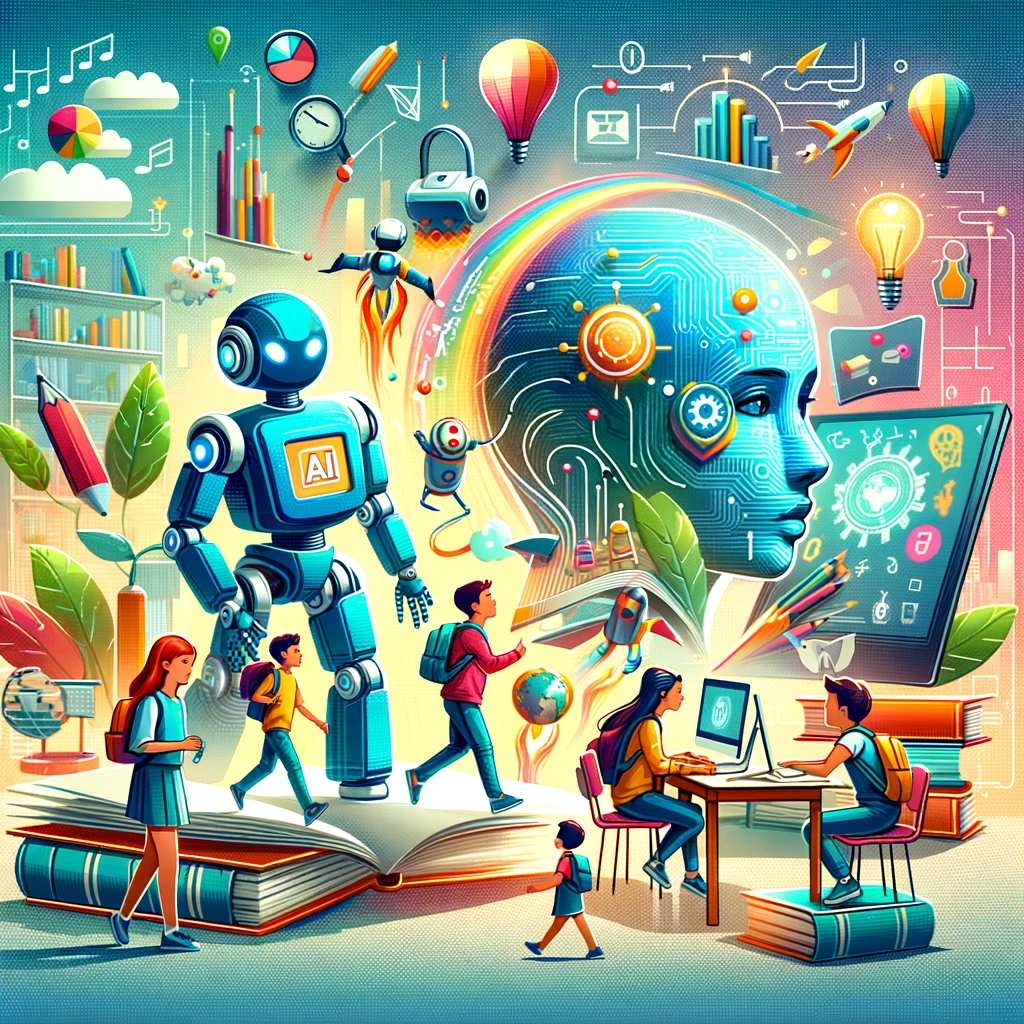The Future of Learning: 3 Key Benefits of AI for Students
Admin / January 13, 2024

In the rapidly evolving landscape of education, Artificial Intelligence (AI) has emerged as a game-changer, especially for students. AI's integration into the learning process is not just a technological advancement; it's a fundamental shift in how education is delivered and received. Here, we explore three significant benefits of AI for students.
1. Personalized Learning Experiences
One of the most remarkable advantages of AI in education is its ability to create personalized learning experiences. Unlike traditional one-size-fits-all approaches, AI can analyze a student's learning style, pace, and challenges. It then tailors the content to suit individual needs. This personalized approach ensures that students grasp concepts more effectively, as the material aligns with their unique learning profiles. It's like having a personal tutor who understands each student's strengths and weaknesses and caters to them specifically, enhancing both engagement and understanding.
2. Accessibility and Flexibility
AI-powered educational tools provide unprecedented accessibility. These tools can assist students with disabilities by offering alternative formats for course materials, interactive learning sessions, and voice-to-text options, making education more inclusive. Additionally, AI facilitates a more flexible learning environment. Whether it's through AI-driven online courses or virtual tutors, students can access quality education anytime and anywhere. This flexibility is crucial for those who may not have the luxury of a traditional school schedule, allowing education to fit into their lives rather than the other way around.
3. Enhanced Efficiency and Time Management
AI in education also means more efficient learning. Tools like AI-driven study aids, homework helpers, and essay-writing assistants can significantly reduce the time students spend on routine tasks. This efficiency allows students to focus more on in-depth understanding and critical thinking. Furthermore, AI systems can provide instant feedback on assignments and quizzes, accelerating the learning process. This instant feedback loop enables students to quickly identify areas of improvement, leading to a more efficient study cycle.
Conclusion
The integration of AI into the education sector is not just a fleeting trend; it's a fundamental enhancement of the educational landscape. By providing personalized learning experiences, increasing accessibility and flexibility, and enhancing efficiency in learning, AI is not just supporting students; it's propelling them into a future where education is more adaptive, inclusive, and effective. As we continue to embrace these technologies, we open doors to new ways of learning and understanding, paving the way for a smarter, more tailored educational experience.